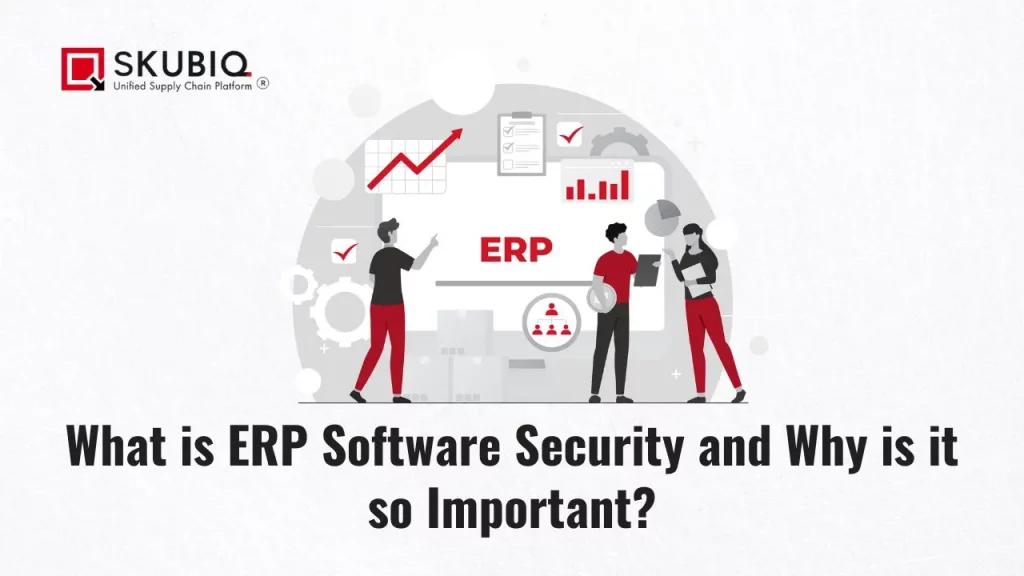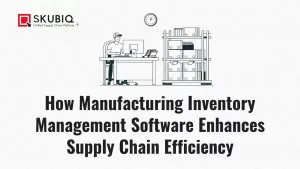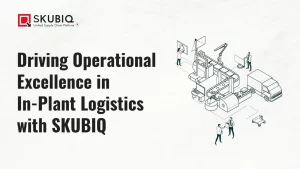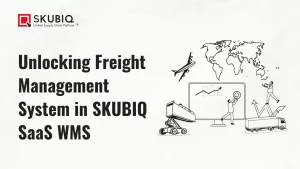In today’s rapidly evolving digital landscape, Enterprise Resource Planning (ERP) software is at the heart of many organizations’ operations, helping streamline processes, integrate systems, and enhance efficiency. However, with the increasing reliance on ERP systems, the importance of robust ERP software security cannot be overstated. In this comprehensive article, we explore the critical aspects of ERP software security and why it is a cornerstone of modern business success.
Understanding ERP Software Security
ERP software security refers to the protective measures implemented to safeguard an organization’s ERP system from unauthorized access, data breaches, and other security threats. As ERP systems serve as the central repository for a company’s most sensitive data—including financial records, customer information, and proprietary business processes—ensuring their security is paramount.
Key Components of ERP Software Security
- Access Control: Effective access control is the first line of defense in ERP security. This involves establishing strict policies on who can access the ERP system and what data or functions they can interact with. Access control typically includes user authentication, role-based access, and multi-factor authentication (MFA) to ensure that only authorized personnel can access sensitive information.
- Data Encryption: Encryption is a vital component of ERP security, ensuring that data is protected both in transit and at rest. By encrypting sensitive data, businesses can prevent unauthorized users from deciphering information even if they manage to intercept it.
- Regular Auditing and Monitoring: Continuous monitoring and auditing of the ERP system are essential to detect and respond to any suspicious activities promptly. Regular audits help identify potential vulnerabilities and ensure compliance with security standards and regulations.
- Patch Management: ERP systems are complex and often require regular updates and patches to address newly discovered vulnerabilities. Patch management involves timely installation of these updates to keep the ERP system secure from known threats.
- Backup and Disaster Recovery: To mitigate the impact of data loss or system failures, organizations must have a robust backup and disaster recovery plan in place. Regular backups of ERP data ensure that in the event of a security breach or hardware failure, the organization can quickly restore critical information.
- User Training and Awareness: Human error is one of the leading causes of security breaches. User training programs are essential to educate employees on the best practices for ERP security, such as recognizing phishing attempts, using strong passwords, and understanding the importance of safeguarding sensitive information.
Why ERP Software Security Is Crucial
The significance of ERP software security extends beyond merely protecting data; it is fundamental to maintaining the integrity, reputation, and operational continuity of an organization. Here are some key reasons why ERP software security is so important:
1. Protecting Sensitive Data
ERP systems house a wealth of sensitive data, including financial records, customer information, employee details, and proprietary business processes. A breach in ERP security could lead to severe consequences, such as identity theft, financial losses, and damage to the company’s reputation. By implementing robust security measures, organizations can protect this data from unauthorized access and ensure that it remains confidential.
2. Ensuring Compliance with Regulations
Many industries are governed by strict data protection regulations, such as GDPR, HIPAA, and SOX. Non-compliance with these regulations can result in hefty fines and legal consequences. ERP software security plays a critical role in ensuring that organizations meet these regulatory requirements by safeguarding data and maintaining detailed records of data access and usage.
3. Maintaining Business Continuity
A successful cyberattack on an ERP system can disrupt business operations, leading to significant downtime, loss of productivity, and financial losses. Effective ERP software security helps maintain business continuity by preventing attacks, detecting breaches early, and enabling quick recovery through backup and disaster recovery plans.
4. Enhancing Customer Trust
Customers trust that businesses will keep their personal and financial information secure. A breach in ERP security can erode this trust, leading to customer churn and a damaged brand reputation. By prioritizing ERP software security, organizations can build and maintain customer trust, which is essential for long-term success.
5. Mitigating Financial Risks
Security breaches can have a direct financial impact on organizations, including the costs associated with data recovery, legal fees, regulatory fines, and lost business opportunities. By investing in ERP software security, businesses can mitigate these financial risks and protect their bottom line.
Best Practices for Strengthening ERP Software Security
To ensure robust ERP software security, organizations should adopt a comprehensive approach that includes the following best practices:
1. Conduct Regular Security Assessments
Regular security assessments are critical for identifying vulnerabilities within the ERP system. These assessments should include penetration testing, vulnerability scanning, and risk assessments to ensure that potential threats are identified and addressed promptly.
2. Implement Role-Based Access Controls (RBAC)
Role-based access controls (RBAC) are essential for limiting user access to only the data and functions necessary for their roles. By implementing RBAC, organizations can reduce the risk of unauthorized access and minimize the potential damage caused by insider threats.
3. Employ Advanced Encryption Techniques
Advanced encryption techniques, such as end-to-end encryption and tokenization, should be used to protect sensitive data within the ERP system. These techniques ensure that even if data is intercepted, it remains unreadable to unauthorized users.
4. Keep Software Updated
Outdated software is a common target for cyberattacks. Organizations must ensure that their ERP systems are regularly updated with the latest security patches and software versions to protect against known vulnerabilities.
5. Train Employees on Security Best Practices
Employee training is a critical component of ERP software security. Regular training sessions should be conducted to educate employees on the latest security threats, how to recognize them, and the steps they should take to protect the ERP system.
6. Monitor and Audit ERP System Activity
Continuous monitoring and auditing of the ERP system are essential for detecting unusual activities and potential security breaches. Organizations should implement monitoring tools that provide real-time data alerts and detailed audit trails to ensure that any suspicious activities are promptly investigated.
7. Develop a Comprehensive Incident Response Plan
Despite the best security measures, breaches can still occur. A comprehensive incident response plan is essential for minimizing the impact of a security breach. This plan should include detailed procedures for identifying, containing, and recovering from a breach, as well as communication protocols for notifying affected parties.
Conclusion
In an era where cyber threats are constantly evolving, ERP software security is not just an option—it is a necessity. Organizations must prioritize the security of their ERP systems to protect sensitive data, ensure regulatory compliance, maintain business continuity, and build customer trust. By adopting best practices and staying vigilant, businesses can safeguard their ERP systems against the myriad of threats that exist in today’s digital landscape.



